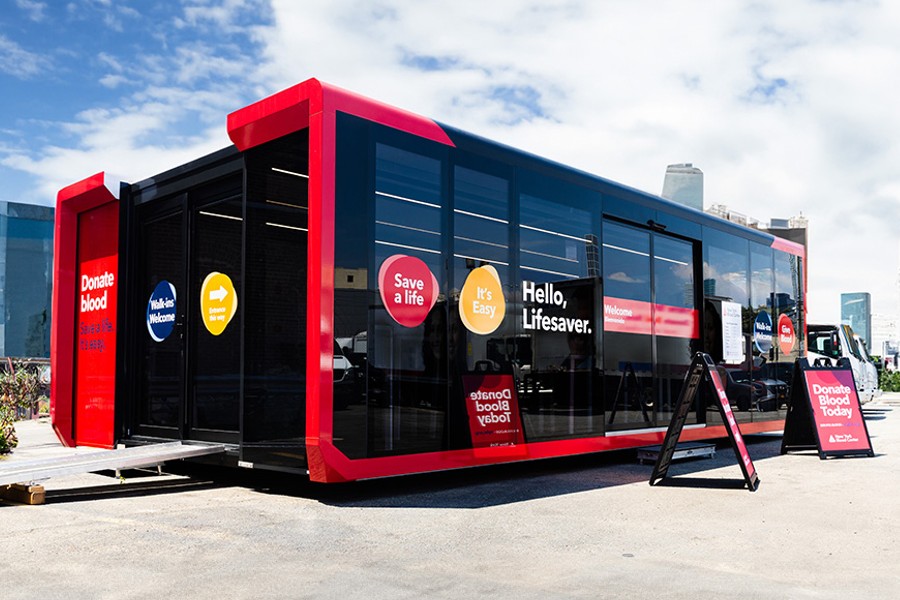
In the world of fitness and bodybuilding, we often focus on intense workouts, proper nutrition, and supplements as the key components of building lean muscle mass.
However, one crucial aspect that is often overlooked or underestimated is the significance of rest and recovery. Many people mistakenly believe that more time in the gym equates to better results, but in reality, allowing your body ample time to rest and recover is just as vital for muscle growth and overall progress. In this blog post, we will delve into the benefits of rest and recovery, shedding light on why it is a critical component of any successful muscle-building journey. So, read on to find out more about them!
1. Enhanced Muscle Repair and Growth
When we engage in resistance training, we create microscopic tears in our muscle fibers. These tears, although necessary for muscle growth, require adequate rest and recovery to heal and rebuild stronger. According to muscle and health experts, “Rest days are essential for muscles to recover, repair, and grow.” During the recovery process, the body synthesizes protein and rebuilds damaged muscle tissue, resulting in increased muscle mass and strength.
2. Prevention of Overtraining
Pushing yourself beyond your limits without allowing for adequate rest can lead to overtraining, a condition characterized by chronic fatigue, decreased performance, and increased risk of injuries. Overtraining not only hampers muscle growth but also negatively impacts your overall well-being. By incorporating rest days into your training regimen, you allow your body to replenish energy stores, restore hormonal balance, and prevent burnout.
3. Hormonal Balance
Engaging in intense workouts elevates stress hormones like cortisol, which can be detrimental to muscle growth if constantly elevated. Rest and recovery play a crucial role in restoring hormonal balance by reducing cortisol levels and promoting the release of anabolic hormones such as testosterone and growth hormone. These hormones are essential for muscle repair, growth, and overall recovery.
4. Injury Prevention
Continuous, intense workouts without rest can lead to overuse injuries, such as tendinitis, stress fractures, and muscle strains. Rest and recovery periods provide an opportunity for your body to repair damaged tissues and reduce the risk of injuries. It allows the muscles, tendons, and ligaments to adapt to the demands placed upon them during training, ultimately making them stronger and more resilient.
5. Mental and Psychological Restoration
In addition to the physical benefits, rest and recovery also contribute to mental and psychological restoration. Regularly scheduled rest days give you a chance to relax, unwind, and recharge both mentally and emotionally. This downtime can alleviate stress, reduce anxiety, and enhance motivation, helping you stay committed to your fitness goals in the long run.
6. Improved Sleep Quality

Quality sleep is vital for muscle recovery and growth. Rest days provide an excellent opportunity to prioritize and optimize your sleep routine. A study published in the journal Sports Medicine showed that sleep deprivation can impair muscle glycogen synthesis, protein synthesis, and overall muscle recovery. By allowing yourself sufficient rest, you can improve the quality and duration of your sleep, further enhancing your muscle-building progress.
7. Enhanced Performance and Workout Intensity
Rest and recovery periods play a significant role in improving your overall performance and workout intensity. When you allow your body to rest, you give your muscles and nervous system time to recover and recharge. This revitalization leads to improved strength, power, and endurance during subsequent workouts. Adequate rest also helps to reduce muscle soreness, allowing you to train with greater intensity and efficiency. By incorporating rest days into your training program, you set yourself up for consistent progress and better performance in the long run.
8. Mental Focus and Concentration

Intense workouts require mental focus and concentration. However, training without sufficient rest can lead to mental fatigue and decreased cognitive function. Rest and recovery days provide an opportunity for mental rejuvenation, allowing you to recharge your focus and concentration levels. By taking regular breaks, you can alleviate mental stress and maintain a strong mind-muscle connection during workouts. This improved mental clarity and focus will enable you to perform exercises with proper form, maximizing the effectiveness of your training sessions.
While it’s important to challenge your body through intense workouts to stimulate muscle growth, it is equally crucial to prioritize rest and recovery. Rest days are not a sign of weakness; they are an essential component of a well-rounded muscle-building program. By providing your body with the time it needs to repair, rebuild, and adapt, you can optimize your progress, prevent injuries, and ultimately achieve your fitness goals more efficiently. So, remember to listen to your body, incorporate rest and recovery into your training routine, and reap the benefits of a balanced approach to muscle building.
This content is part of the HWM Partnership.
- Wells Fargo Shares Economic Impact From Open For Business Fund
- Harlem Rallies For Kamala Harris: A Historic Gathering Of Black Women Leaders
- In Conversation With Ketanji Brown Jackson At The Apollo Theater In Harlem
- Chancellor David C. Banks Appoints Simone Hawkins As Deputy Chancellor For Early Education
- Vibrant Summer Styles Are Making A Comeback 2024
Become a Harlem Insider!
By submitting this form, you are consenting to receive marketing emails from: Harlem World Magazine, 2521 1/2 west 42nd street, Los Angeles, CA, 90008, https://www.harlemworldmagazine.com. You can revoke your consent to receive emails at any time by using the SafeUnsubscribe® link, found at the bottom of every email. Emails are serviced by Constant Contact









